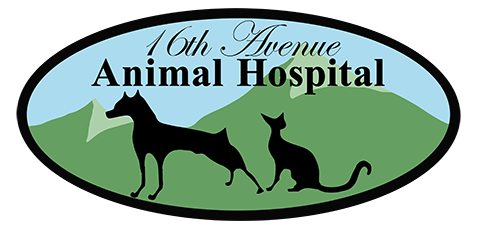Just like many of the other worms, whipworms have made quite the name for themselves, however, are treatable parasites that pet owners can prevent.
Whipworms (Trichuris vulpis) are one of the most common parasites in our canine friends along with roundworm, hookworm, and tapeworm. These organisms live in the dogs cecum and colon which is commonly known as the large intestine. Here they will attach to the mucosal lining. Whipworms are small in size but in large numbers, can cause serious complications.
The name “whipworm” comes from their shape. They have a thick anterior end and a thin, long posterior end that resembles a whip. The thicker end of the worm will embed itself into the intestinal wall and as the worms mature, they cause irritation and discomfort.
The key to breaking the whipworms life cycle is to get owners educated on their lifestyle so they can help in prevention and treatment.
Whipworms also have 3 stages: egg, larvae, and adult. Adult whipworms will lay their eggs in the large intestine, where they are then passed to the environment through the dog’s stool. The eggs then mature to their infective stage in the environment and are ready to either re-infect the current host or infect a brand new host in 10-60 days. Once ingested, they will hatch and mature in the intestinal tract where they will attach, feed and lay new eggs, continuing the life cycle.
Sometimes signs of whipworms are easy to miss as not all infected hosts (your dog) will show symptoms. Regular, yearly fecal testing can help protect your dog from any intestinal parasites.
As we now know, once whipworms attach to cecum and colon they will start to cause irritation. The more whipworms, the bigger the irritation, which can then lead to:
- Weight loss
- Diarrhea
- Bloody stools
Anemia
This will cause a decrease in your pets quality of life and can be fatal in puppies, senior dogs and dogs with compromised immune systems.
These symptoms can be signs of many other diseases/illnesses so if your dog is experiencing any of these symptoms, consult with your veterinarian for the best course of testing and treatment.
